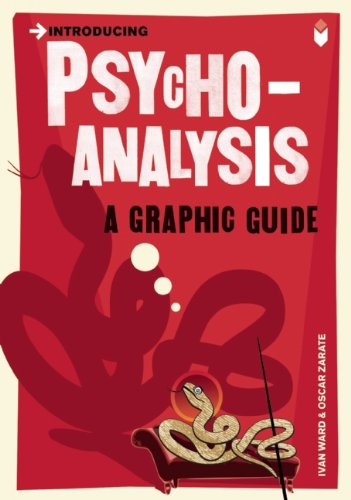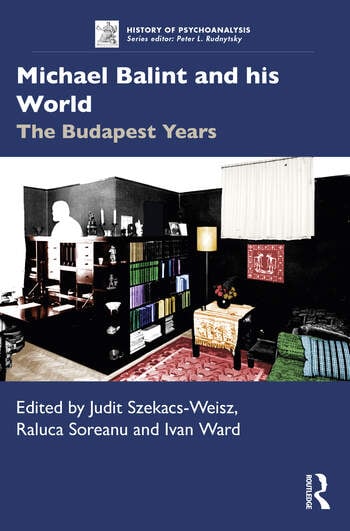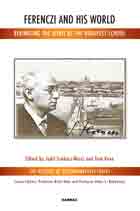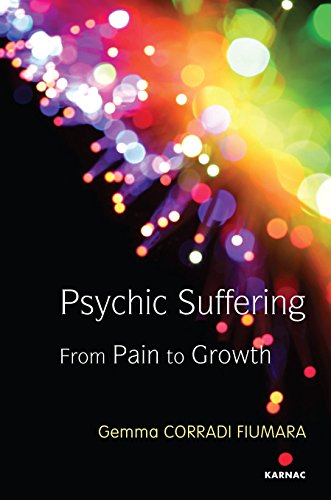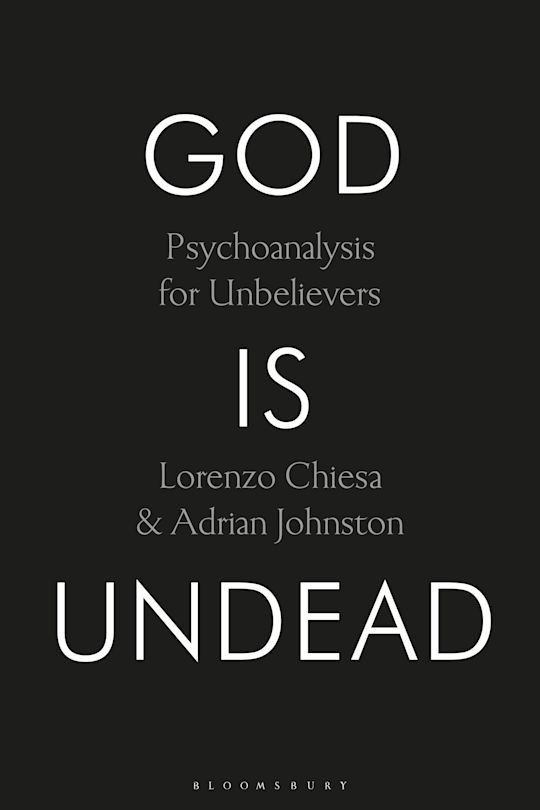Lost Childhood and the Language of Exile

Book Details
- Publisher : Imago East-West
- Published : January 2004
- Cover : Paperback
- Category :
Culture and Psychoanalysis - Category 2 :
Child and Adolescent Studies - Catalogue No : 21806
- ISBN 13 : 9780948687358
- ISBN 10 : 0948687355
Also by Ivan Ward
Introducing Psychoanalysis: A Graphic Guide
Price £8.99
Also by Judit Szekacs-Weisz
Michael Balint and His World: The Budapest Years
Price £28.99
Free UK Delivery over £25
Our Customers Average Rating
Read all reviews (1)





The picture of Jewish refugee children crossing the German border in 1939, which appears on the cover of Lost Childhood and the Language of Exile, can represent all the migrations of place and culture which have marked recent history. Using the insights of psychoanalysis, this anthology of essays creates a new genre of writing about the psychology of acculturation and cultural dislocation. Written by psychoanalysts, psychotherapists, writers, scientists, doctors and historians Lost Childhood and the Language of Exile invites the reader to enter a territory which is not only multilingual but multidimensional: defined and shaped by history, politics, economy and socio-cultural transformations. Here you will find stories of loss and hope, conflict and creativity, pain and endurance, reaching across generations to touch something essential of the multicultural world in which we now live.
Reviews and Endorsements
'Lost Childhood and the Language of Exile is a long awaited collection of essential papers to be used as a tool not only by members of the helping professions working with people from cultures other than their own, but by all those who need to come to grips with the multidimensional and multilingual experiences of individuals and groups in our increasingly global society ? and with themselves.'
- Edith Kurzweil
'This remarkable compendium on 'loss' contains essays that are amongst the most moving and deeply reflective accounts of all the different types of loss we can undergo, whether it be the loss of one's country, one's mother tongue, or that loss we must all endure: the loss of our childhood. Although the book does contain essays that are for the specialist reader in psychoanalysis it's great merit resides in the diverse range of many poetically constructed essays and one hopes that Lost Childhood and the Language of Exile will reach readers outside the field of psychoanalysis as the editors have found writers for whom to write about loss is to bring out the very best in one's reflections on life itself.'
- Christopher Bollas
Lost Childhood and the Language of Exile invites the reader to enter a territory which is not only multilingual but multidimensional: defined and shaped by history, politics, economy and socio-cultural transformations. This book presents you with stories of great diversity written by psychoanalysts, psychotherapists, writers, scientists, doctors and historians. It gives important insights on the psychodynamic processes involved in working with, and being part of, exiled and immigrant populations.
About the Editor(s)
Judit Szekacs-Weisz is a bilingual psychoanalyst and psychotherapist, a member of the British and the Hungarian Psychoanalytical Society. Born and educated (mostly) in Budapest, she has absorbed the ideas and way of thinking of Ferenczi, the Balints, Hermann, and Rajka as integral parts of a “professional mother tongue”. She is author of several articles, and co-editor of Lost Childhood and the Language of Exile. Together with Tom Keve she co-edited Ferenczi and His World and Ferenczi for Our Time.
More titles by Judit Szekacs-Weisz
Ivan Ward is Deputy Director and Head of Learning at the Freud Museum, London, and manager of the Museum's public Programme of talks and conferences.
Customer Reviews
Our customers have given this title an average rating of 5 out of 5 from 1 review(s), add your own review for this title.
on 04/07/2005




 (5 out of 5)
(5 out of 5)
Lost Childhood and the Language of Exile
The Muse of this admirable book is the Danube, "flowing majestically and determinedly" through the landscapes of childhoods of Europe, in the factual and creative memory (for Memory is an Art) of thousands of refugees escaping the horrors brought by the ideologies of the 20th century and emigrants packing and unpacking ideas and belongings. The Art of Memory versus the Horror of Logos.
"Can a whole country fantasize about leaving?" asks the editor Judit Szekacs-Weisz in her introduction. And: " Who is really moving? And where to?"
The book includes many voices addressing a vertiginous variety of themes: bilinguism in psychoanalysis, several moving reports of displacement and reorientation, a masterly meditation by Eva Hoffman on the poetics of the seismic shift of culture change. One will also find the occasional lapse into Freudian orthodoxy (Antinucci), mercifully tempered by ironic and erudite musings on the vicissitudes of the psychoanalytic tribe (Steiner), as well as enlightening considerations on Samuel Beckett's successful journey of creative failure and dislocation (John Clare).
Stories and reflections of great diversity, showing, as the editor writes, how it is possible "to save memories and vision" but also "to safeguard the psychically vital capacity of symbolization, thinking and feeling".
These explorations are invaluable, and indeed "command respect"
Manu Bazzano


